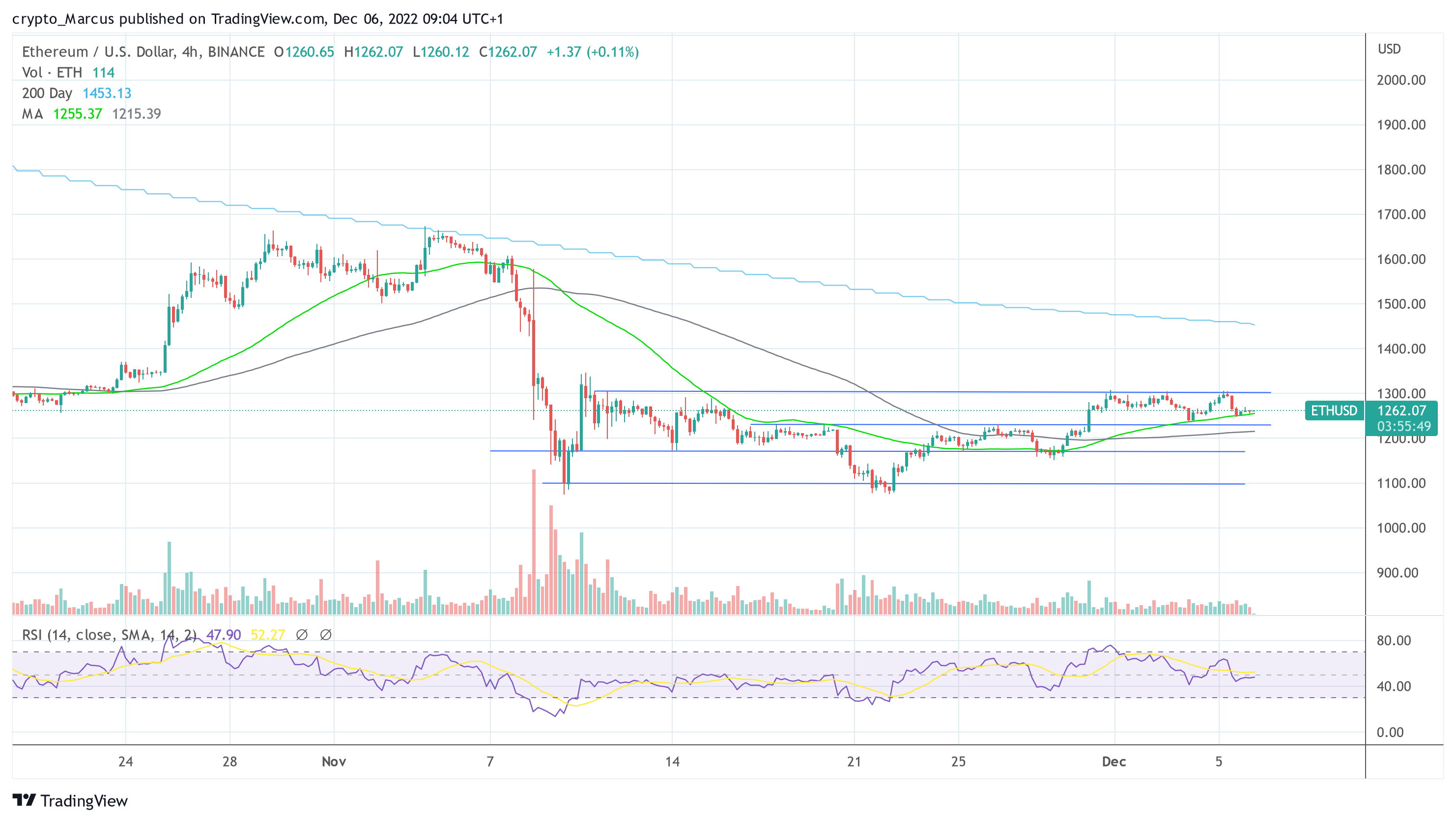Vitalik Buterin, the co-founder of Ethereum is undoubtedly one of the most influential figures in the Ethereum ecosystem.
In a new blog post, Buterin has now revealed his hottest trends and most exciting use cases that excite him. The post covers money, DeFi, digital identity, DAOs, and hybrid applications.
Ethereum Founder Shares His Excitement
On the topic of money, Buterin notes that this is still the first and most important application. Unlike wealthy countries where financial transactions are easy and 8% inflation is considered extreme, for many countries with high inflation, access to global currencies is foreclosed.
Cryptocurrencies are a solution here, although fees are a concern, as Buterin admits, particularly with regard to Ethereum. Therefore, he is enthusiastic about scaling technologies such as Optimistic and ZK rollup, but also social recovery and multisig wallets, through which abstraction of accounts is becoming more practical.
In payments, Buterin says stablecoins have proven their worth, “realistically combining the benefits of digitization with cash-like respect for privacy.”
However, centralized stablecoins are not a long-term solution to withstand surveillance, according to the Ethereum founder.
Therefore, he considers DAO-managed risk-weighted asset (RWA)-backed stablecoins, such as DAI as a “happy medium”, and governance-minimized crypto-backed stablecoin, such as RAI and LUSD, as a riskier approach.
To make the [RAI] system stable (so, not be vulnerable to collapse like LUNA), every holder of RAI must be matched by a holder of negative RAI who puts in ETH as collateral.
DeFi And Digital Identity
Buterin criticizes the current DeFi sector as an “overcapitalized monster” that relies on unsustainable forms of yield farming.
The most important DeFi product, according to the Ethereum co-founder, are decentralized stablecoins. Buterin also calls prediction markets an important pillar.
I expect prediction markets to not make extreme multibillion-dollar splashes, but continue to steadily grow and become more useful over time.
In his assessment of the growth of digital identity, the co-founder said the trend is helping to protect user privacy. He pointed to the Sign In With Ethereum (SIWE) as an effective identity method.
The Sign In With Ethereum (SIWE) standard allows users to sign in to websites in a similar way that Google or Facebook accounts can be used today, without giving sites access to private files or the ability to take over or block the account.
The most well-known project is the Ethereum Name Service (ENS), which assigns a human-readable name to an Ethereum address. The names usually end in .eth.
DAOs And Hybrid Applications
On the topic of DAOs, Buterin explains that while there are many structures that work, many others do not, or at least are not aligned with the goals they are trying to achieve.
Therefore, there are two key questions to answer: What types of governance structures are useful, and for what use cases? Does it make sense to implement these structures in the form of a DAO, or through regular corporate incorporation and legal contracts?
Basically, there are two options: one type of non-financialized governance and a bicameral hybrid where decisions are made not only by token holders but also by another class of users.
Buterin is also enthusiastic about hybrid applications. These are applications that do not rely solely on blockchain, but use both blockchains and other systems to improve their trust models.
Use cases include voting, government registries, enterprise accounting, gaming, supply chain management and credential tracking.
At press time, the ETH price is still stuck underneath the key resistance at $1.300.
 ETH price, 4-hour chart. Source: TradingView
ETH price, 4-hour chart. Source: TradingView



